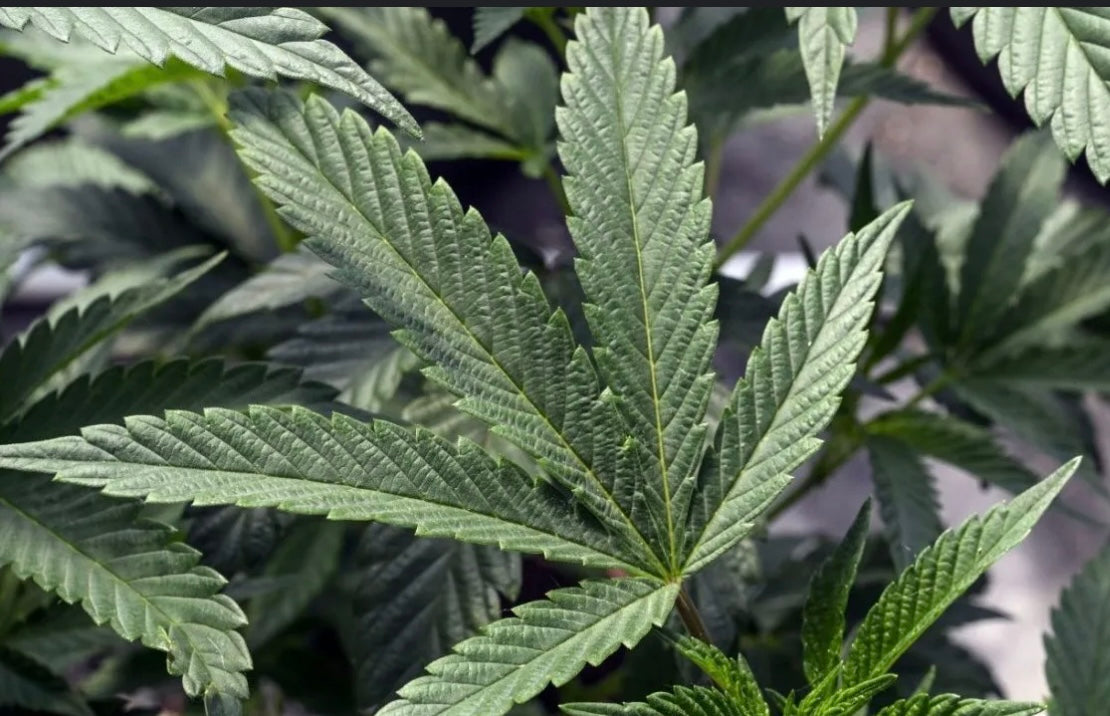BREAKING NEWS: US DEA TO RECLASSIFY MARIJUANA AND EASE RESTRICTIONS

In a significant development, the US Drug Enforcement Administration (DEA) is set to reclassify marijuana, easing restrictions on its use, according to sources from the Associated Press (AP). This decision marks a pivotal moment in the trajectory of marijuana legalization and its implications are vast. Let’s delve into what this reclassification means for marijuana going forward.
Reclassification: A Game-Changer
The reclassification of marijuana by the DEA is a game-changer in the ongoing debate surrounding its legality and usage. For decades, marijuana has been classified as a Schedule I drug under the Controlled Substances Act, alongside substances like heroin and LSD, indicating a high potential for abuse and no accepted medical use. However, with changing attitudes and mounting scientific evidence supporting its medicinal benefits, this classification has long been under scrutiny.
Now, with the DEA’s decision to reclassify marijuana, it acknowledges the evolving landscape surrounding the plant. While the specifics of the new classification are yet to be unveiled, the mere act of reevaluation signals a shift towards a more nuanced understanding of marijuana’s properties and potential benefits.
Implications for Legalization Efforts
The reclassification of marijuana by the DEA could have profound implications for legalization efforts across the United States. Currently, marijuana legalization varies from state to state, with some allowing recreational use, others permitting only medical use, and some maintaining strict prohibition. The federal classification of marijuana as a Schedule I drug has posed a significant obstacle to nationwide legalization, as it conflicts with state laws and complicates matters such as banking and taxation for cannabis businesses.
By reclassifying marijuana and potentially lowering its scheduling, the DEA opens the door for greater consistency between state and federal laws. This move could catalyze momentum for federal legalization or, at the very least, prompt Congress to revisit its stance on marijuana policy.
Medical Advancements and Research Opportunities
One of the most promising aspects of the DEA’s decision is the potential for expanded medical research and innovation in the field of cannabis-based medicine. With marijuana currently classified as a Schedule I substance, researchers face numerous regulatory hurdles and bureaucratic red tape when seeking approval to study its therapeutic effects. By reclassifying marijuana to a lower schedule or removing it from the controlled substances list altogether, the DEA could streamline the research process and encourage more rigorous scientific inquiry into the medical applications of cannabis.
This renewed focus on research has the potential to unlock new treatments for a range of ailments, from chronic pain and epilepsy to PTSD and cancer. Furthermore, it could pave the way for the development of standardized dosing guidelines, quality control measures, and pharmaceutical-grade cannabis products, ensuring patient safety and efficacy.
Economic Opportunities and Social Equity
The reclassification of marijuana also presents significant economic opportunities and the potential for social equity initiatives. As the legal cannabis industry continues to flourish, particularly in states where recreational use is permitted, there is a growing demand for skilled labor, entrepreneurship, and investment. By loosening restrictions on marijuana, the DEA could stimulate job growth, generate tax revenue, and bolster local economies.
Moreover, the reclassification of marijuana offers a chance to address the injustices wrought by the war on drugs, which has disproportionately impacted communities of color. By implementing policies such as expungement of past marijuana convictions, reinvestment in affected communities, and equity programs to support minority-owned cannabis businesses, policymakers can begin to rectify the harms of prohibition and promote a more inclusive and equitable cannabis industry.
Conclusion
The DEA’s decision to reclassify marijuana and ease restrictions heralds a new era in the legalization debate. While the specifics of the reclassification are yet to be unveiled, the implications are far-reaching. From opening doors for federal legalization to spurring medical advancements and economic growth, the reclassification of marijuana has the potential to reshape society's relationship with this versatile plant. As we navigate this evolving landscape, one thing is clear: change is on the horizon, and the future of marijuana looks brighter than ever before.
See full article here on AP News



